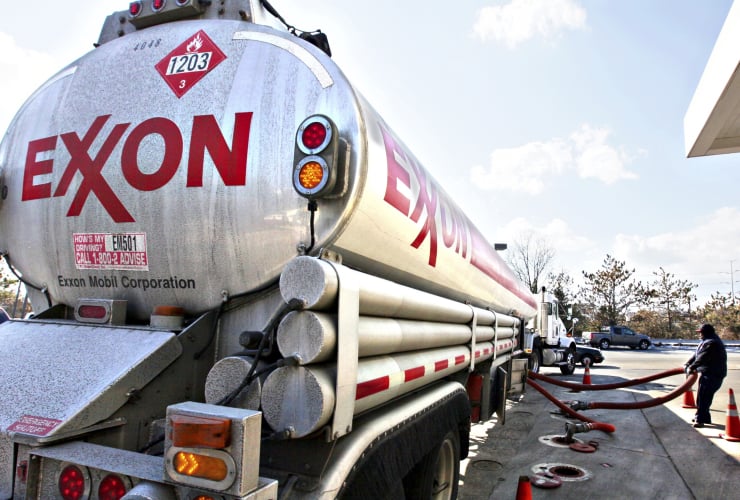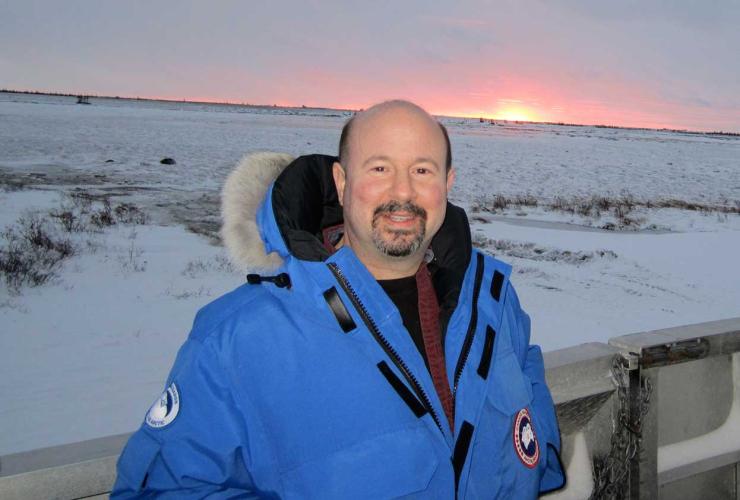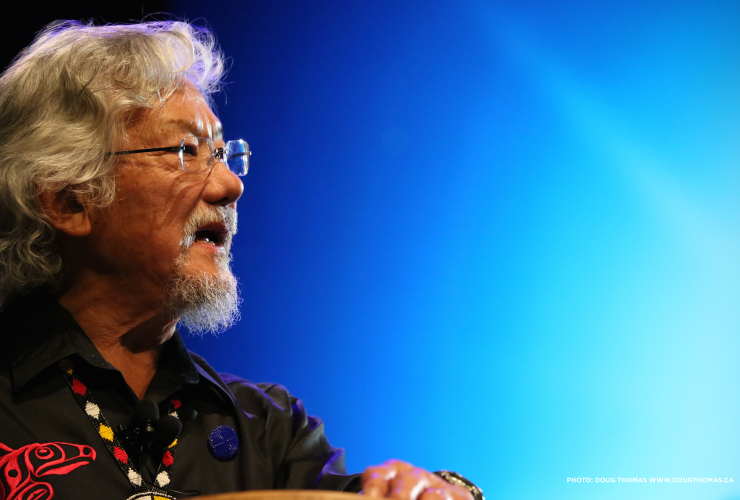Canadian climate change doubting group, The Friends of Science, says it has no record of receiving contributions from U.S. coal giant Peabody Energy.
The Calgary-based organization made the statement following a National Observer investigation published on Thursday, which found it listed in the American coal corporation's recent bankruptcy filings. At the time of publication, Friends of Science said it was not aware of their link to the company, but today, offered National Observer an update:
“Our available records on hand do not show any contributions of any kind from Peabody Energy back to 2009," Michelle Stirling, communications manager for Friends of Science, said in an email.
Friends of Science did not deny on social media that it was listed in Peabody's financial documents, and on Twitter, drew attention to a number of other organizations one might not expect to find on the corporation's list of IOUs. Among them were several prominent environmental advocacy groups, including Sierra Club, the Natural Resources Defense Council, and The Nature Conservancy, all of which have lobbied against the emissions-heavy coal industry.
.@NatObserver @GreenpeaceCA Hey lookit who's on the list.Sierra Club. Wonder how much they are owed? #climatechange pic.twitter.com/KEwHlc4xap
— Friends of Science (@FriendsOScience) June 16, 2016
Environmental groups named in financial documents
While it may seem odd that a coal corporation would provide cash to an advocacy group that works against it, according to Jake Thompson, a spokesperson for the Natural Resources Defence Council (NRDC), the explanation — at least in NRDC's case — is rather simple.
Along with Sierra Club, NRDC acted as an intervener in the Clean Power Plan lawsuit earlier this year, during which the coal industry, utilities, and 24 states sued the U.S. Environmental Protection Agency for attempting to regulate their coal-fired power plant emissions based on new climate targets issued by the White House.
Peabody had to list all parties it is in active litigation with in its bankruptcy filings, said Thompson, as it could end up owing them money as a result of the court case. NRDC was named as a creditor for its intervener status, he explained, because the corporation might have to pay them out later. But as it stands, NRDC, or any of the other interveners, are not seeking money from the court case.
In the interests of full disclosure, he added, a lawyer from NRDC’s San Francisco office was invited in 2013 by Peabody to travel to Washington, D.C. to speak to the company and has already been reimbursed for travel expenses worth $741.36.
Sierra Club — also named in the bankruptcy documents — was not immediately available to comment on the story. The Nature Conservancy however, said it was checking to see why it was listed as a creditor. A spokeswoman noted that with some 35 offices world-wide, it could take some time to come up with an official response.
Only one donor gave Friends of Science more than $10,000 in 2015
Friends of Science also said on Twitter on Friday that most of the funding for its $150,000 annual budget came from about 16 distinct sources, while more than three quarters of its donors - 309 members - were in the $20 per year membership category in 2015. Only one donor gave more than $10,000, while 15 donors gave between $501 and $10,000 in the year. Another 38 donors gave up to $100 and 35 donors gave between $101 and $500 for the year.
Friends of Science member funded; we agree climate changes. @NatObserver jumps2conclusions #coal #cdnpoli pic.twitter.com/UI2T5ll2Bw
— Friends of Science (@FriendsOScience) June 17, 2016
Stirling said its financial documents predating 2009 are archived, and as a registered non-profit (rather than a charity), it is not required to disclose its funders or issue tax receipts.
How climate denial groups get their funding
Peabody's bankruptcy proceedings are currently entering Chapter 11 status for business and corporations with high levels of debt. The corporation went belly-up in April after a sharp drop in coal prices left it unable to repay more than US$10 billion, much of it incurred for an expansion into Australia.
As it turns out, Peabody had a history of providing funds to climate-denying groups as well. In mid-June, the U.S. Centre for Media and Democracy reported that the corporation was generous with a “network of individuals, scientists, non-profits and political organizations espousing climate change denial and opposition to efforts to tackle climate change.”
Such groups have also been supported by major donor-advised charities and grant distributors, according to Canada's Desmog Blog. Earlier this month, the watchdog publication found that almost $500 million has flowed from two linked funds, Donors Trust and Donors Capital Fund, to conservative media outlets and student journalism projects from the same groups that fund climate science denial.
“Many of the funded journalism projects also produce stories that claim human-caused climate change is either a liberal hoax or that policies to mitigate it, such as promotion of renewable energy, are an unnecessary drag on the economy,” the media outlet reported.
Very interesting-- nearly all
Very interesting-- nearly all of their 2015 funding comes from the top 16 donors. The maximum they can get from the lower contribution categories is $27,480, so they are basically funded by the top 16 donors by their numbers.







Comments